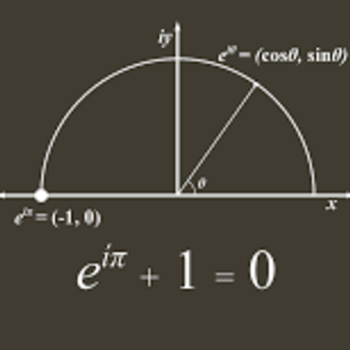A standard deck contains 52 cards, four of which are aces. If you are randomly dealt a five-card hand, what is the probability of having exactly three aces?
1 Answer
The probability is
Explanation:
Think of it as individual cards that makes up your hand. Note that the order you draw the cards in does not matter.
There are
Think of the next part this way: You can choose two cards that are not aces (there are 48), and that is simply
Also, note that you have 4 different aces to choose from, and picking three of them results in more combinations, which is
Your final expression is
Sorry that I do not have a general formula for this scenario.
The numerical answer is:

